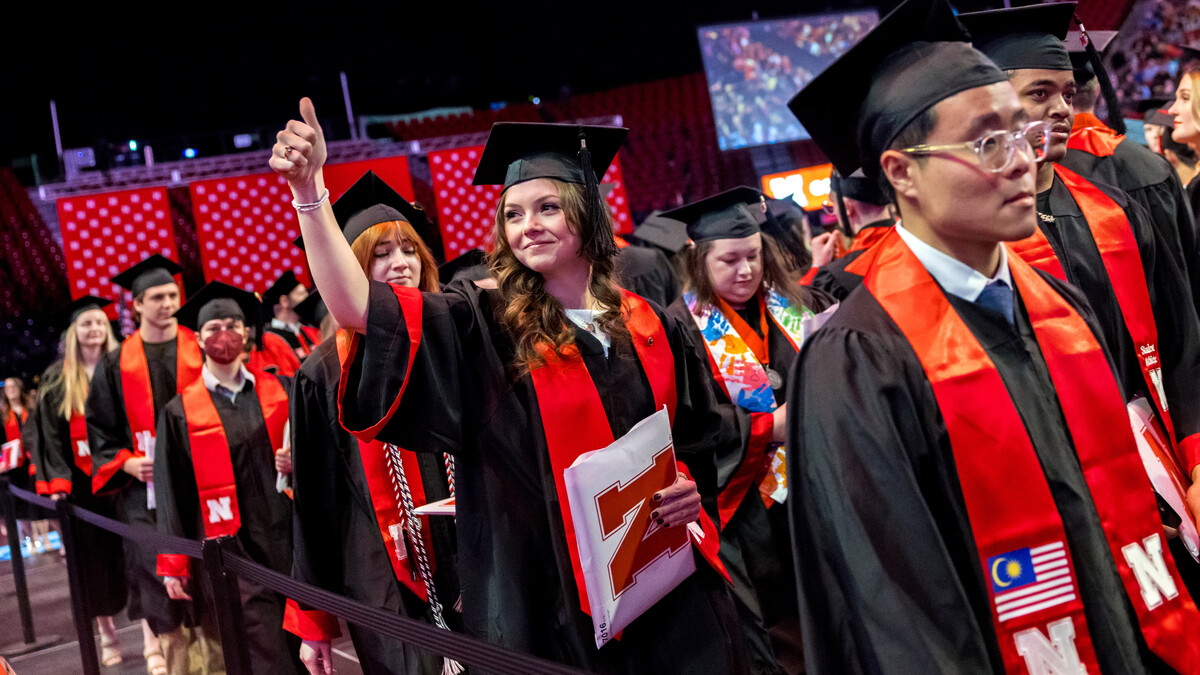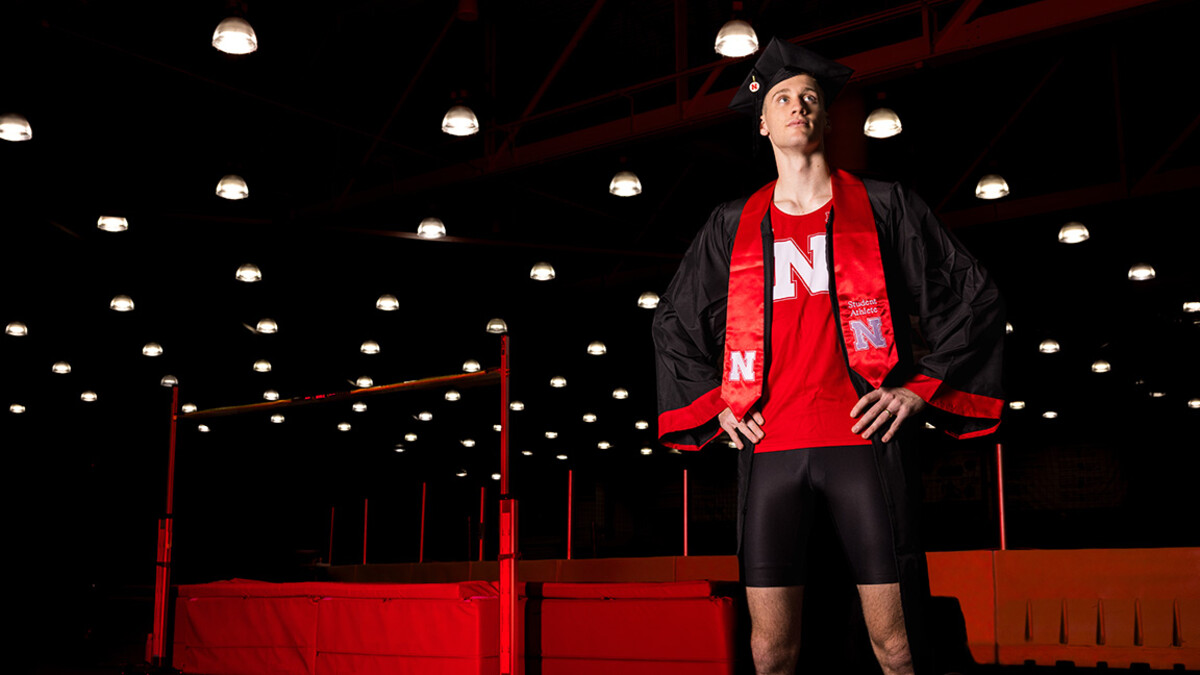
After 47 years at the University of Nebraska-Lincoln, Patrice Berger will officially retire at the end of the 2016-17 academic year.
The professor of history and director of the university’s honors program began his career in 1970 in the Department of History at Nebraska. In the early 1980s, Berger was a member of a committee tasked to attract and retain the brightest in-state students. In 1986, Nebraska established the University Honors Program and tapped Berger to lead it. The program initially accepted 93 students and has grown to more than 500 students admitted each year. Berger is the program’s first and only director.
He is preparing for his “last lecture,” which he will deliver to the public April 28. Recently, Berger sat down with Nebraska Today to discuss his career, his perspective on academic achievement and his thoughts about the future.
Nebraska Today: Let’s go back to the beginning. What initially attracted you to come teach at the University of Nebraska-Lincoln? And what has been your motivation to spend your career here?
Patrice Berger: I came to the University of Nebraska in 1970, largely because the university offered me employment, but I was also happy to be a part of a land-grant institution because I very much believe in that mission. I joined the history department at that time, and I have found the university to be a congenial environment. I’ve enjoyed the associations, not only with my colleagues, but, even more importantly, with my students. Very early on, I became involved in academic advising and that cemented my interest and investment in working with students.
How did the honors program begin? What are its strengths now?
Your title is ‘director,’ but how would you describe your role in the honors program? And how has that changed over time?
I remember in 1986, when we started the program and were recruiting our initial class, I sent out letters to admitted students. I was working alone with a dot-matrix printer without any measure of support. It was a lonely operation, but it was launched. The students came, and over time resources have been created to share those administrative responsibilities. I value that. We now have an honors team that is very much a participant in the administration and growth of the program. This allows me more time to mentor and teach, which I enjoy very much.
How has the program changed, and what’s made its success possible?
What’s changed, I think, is that we do a better job of addressing our students’ needs. We continue to expand the opportunities that our students have. We are creative in identifying worthwhile academic opportunities, and just as important, co-curricular opportunities such as study abroad, encouraging internships and research opportunities. We extend honors recognition to all of these activities so that this is a comprehensive program that extends well beyond the classroom.
I want to stress the enormous value that the residential component of the program has created. A majority of the honors program students each year have chosen to live in honors housing in Neihardt Hall. They know each other; they associate with each other. It’s a very diverse student population that we have, and consequently it tends to break down college and disciplinary barriers. We value very much having an electrical engineer interact on an ongoing basis with a historian or someone in literature. Those kinds of conversations broaden the experience of our students and challenge them.
The world has seen so much change over the decades you’ve been here at Nebraska. What would you say have been the best or most impactful changes?
You’ve worked with thousands of students and surely impacted many lives, but have there been any students or events that you particularly remember because they affected you?
Not one individual in particular, but as a whole the gratification that I get from the involvement of students in the honors program. I’m particularly gratified with how we have prepared them to be competitive for whatever they decide to pursue after college. I value very much the opportunities that their academic success makes available to them. And I think that is ultimately our mission: to create an educated person – someone who is not only knowledgeable in a particular discipline, but also has a broader understanding of social and political issues. I see students graduating from the university who have a better sense of who they are, how they belong and where they belong in our society and have been prepared to be leaders. There is nothing more satisfying than knowing where our students go and how well we have positioned them for success in their lives. With the technology available to us now, we are able to follow them much more closely, and we are getting very positive and grateful responses from our alumni contacts.
Do you still get to mentor and teach, and do you try to impart anything specific to the students?
Has there been anything that’s really surprised you, either in the program, or the university as a whole?
In the program specifically, what has surprised me is the level of enthusiasm that I encounter among our students for the professional academic relationships that they develop. These relationships enrich their lives not only in their academic lives, but their personal development as well.
Do you have a personal motto or words you live by?
What inspires you that can also inspire future faculty and students?







